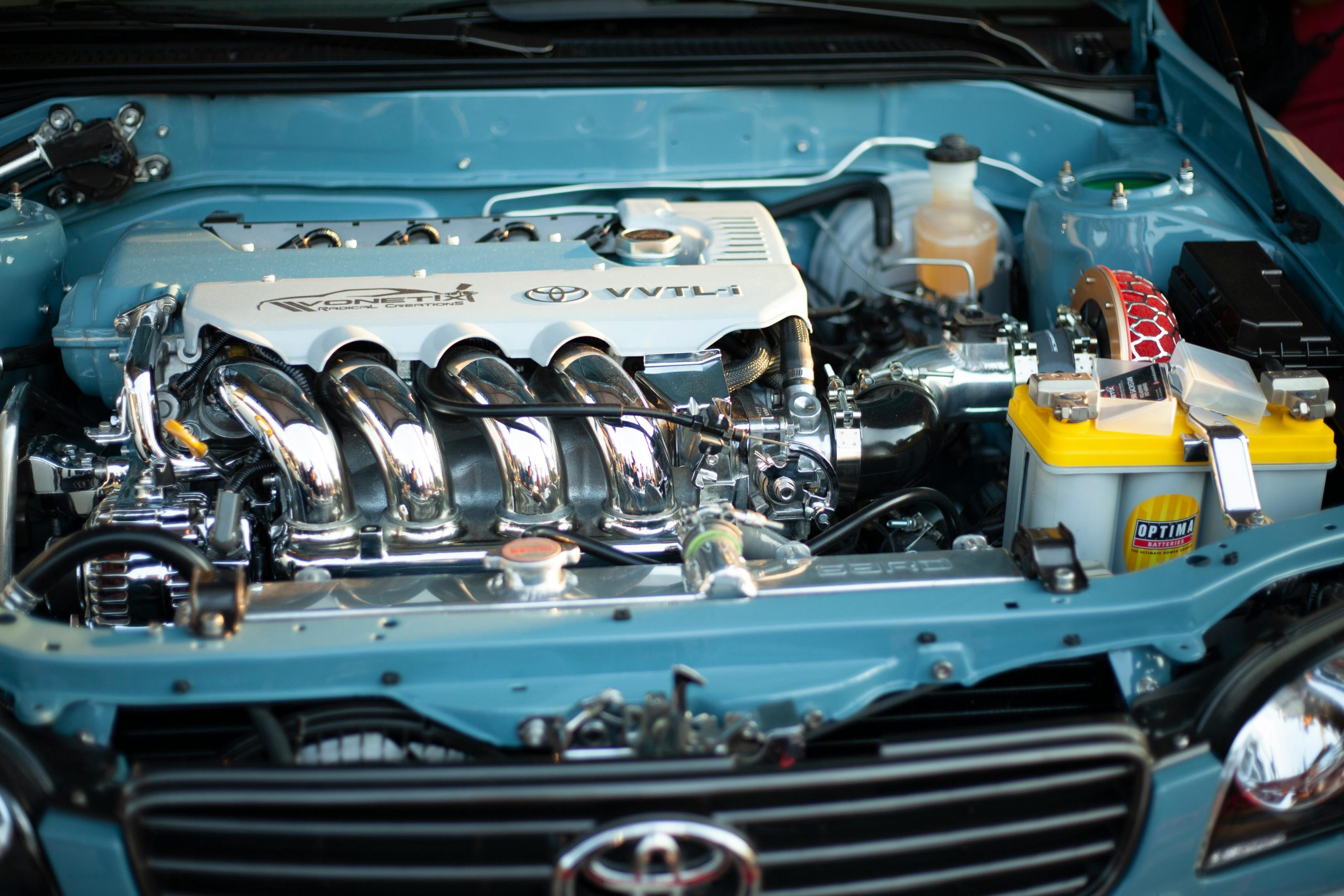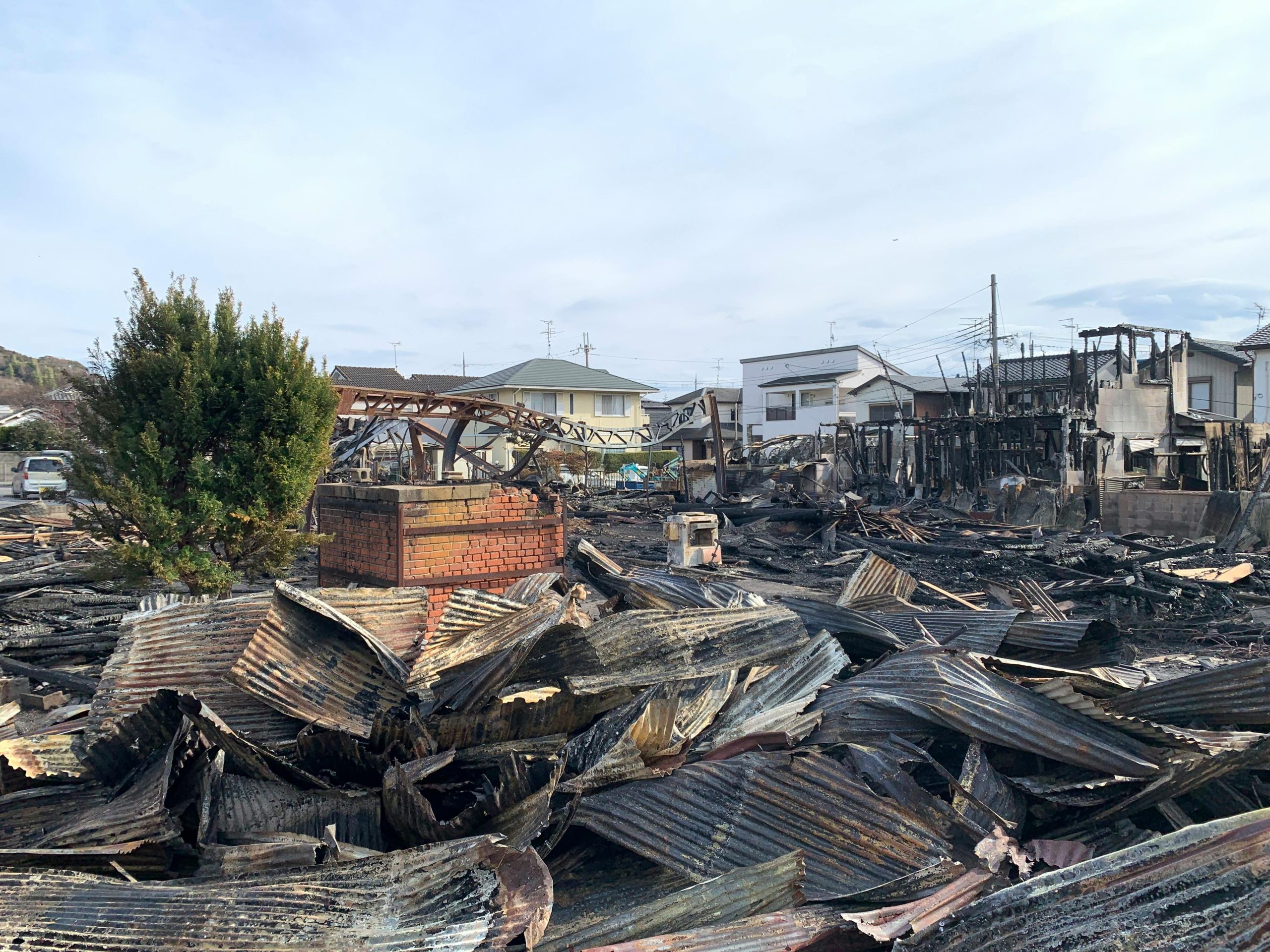Understanding Post-Accident Vehicle Repairs and Insurance Responsibilities
Navigating Post-Collision Repairs: When Things Don’t Go as Planned
Recently, I experienced a rear-end collision that significantly impacted my vehicle. After the incident, I promptly filed a claim with the at-fault driver’s insurance company, which acknowledged liability. My car was then sent to a recommended repair facility to address the damages primarily affecting the rear bumper and backup camera system.
Initially, the repair shop delayed the pickup schedule. However, once they finally contacted me to retrieve the vehicle, I was surprised to learn that my car would no longer start. The technicians explained that an electrical wiring issue had arisen — a problem they now disclaimed responsibility for, insisting it was unrelated to their repairs. They instructed me to arrange for towing at my own expense to fix the unexpected electrical fault.
Prior to the accident, my vehicle operated flawlessly. It was driven directly to the repair shop without any problems, and diagnostic testing confirmed there were no underlying issues, aside from the damaged components they set out to repair. Once repairs were completed, my car’s failure to start and the electrical problem seem to be new developments, seemingly linked to the recent work.
Despite having liability coverage, the insurance provider for the at-fault driver has declined further assistance, leaving me to deal with a vehicle that’s now immobilized and a towing bill I did not anticipate. This situation raises important questions about insurance responsibilities and repair processes following an accident.
If you find yourself in a similar situation, it’s crucial to understand your rights and possible courses of action. Consulting with an auto accident attorney or insurance claims specialist might help clarify whether the repair shop’s diagnoses are valid and if you’re entitled to compensation or further support from the insurer. Remember, facing an unexpected mechanical fault after repairs can be frustrating, but knowing your options can help you navigate toward a fair resolution.
Have you experienced something comparable? Share your insights or tips in the comments below.



